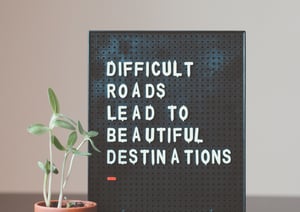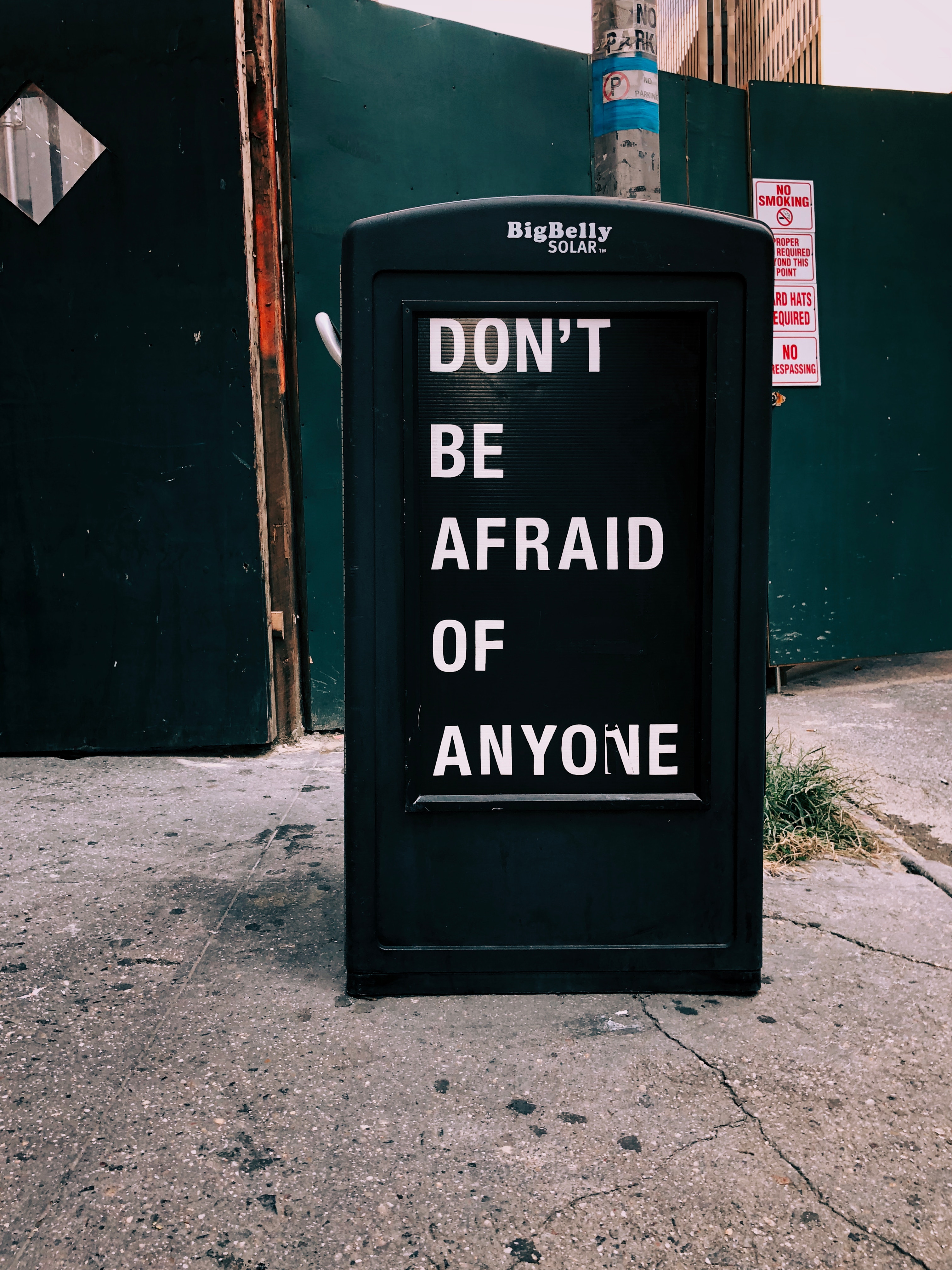When you apply for a job and you’re called for an interview, you need to be prepared as well as you can. It’s therefore good to know that interviews are often fairly predictable, and there are a number of questions that are commonly asked. The better prepared you are, the more successful your interview will be, but be careful – acing an interview isn’t just about having the most perfectly prepared speeches, you do need to showcase your talents, personality and experience, so that they are the best fit for the role.
You will have come across many articles and blogs about the most common interview questions. Beware, those seemingly innocuous questions aren’t just warm-ups. They are one of the ways that the interviewer will seek to uncover whether you are the right fit for the job.
In this post, I’m not only going to share with you these questions and recommended answers, but also I’m going to explain what exactly the interviewer is thinking when he or she asks certain interview questions, the exact answers he or she is looking for and the most common mistakes that interviewees make.
So, before you start to share your life story, or blindly recite a stock interview response, it’s important to figure out what the interviewer really wants to know.

1. Tell Me about yourself
The most common first question asked by interviewers is “so, tell me about yourself”. An alternative to this is that he or she may also ask you to run them through your resume.
What is the interviewer interested in? They're not really interested in your answer as such. What they’re interested in is your confidence, your enthusiasm and the passion that you answer with. Without question, it is the best time for you to show off your communication skills. A pitch – one that’s concise, compelling and keeps his or her attention. Tell the story of why you’re exactly the right fit for the job.
Common mistakes? Rambling on and on. Often people end up saying things like, “Well, I’m a [insert current job here], in my spare time I love to watch movies, I have a wide circle of friends and a huge extended family etc.
How should you answer? Tell a story, or series of stories. Talk about where you grew up, your education and what drives you. Tell the story of how your past work experience is relevant to the position you’re interviewing for and then, and only then, talk a little about what else. Think about two or three specific accomplishments or experiences you most want the interviewer to know about. This is the time to share them.
2. What are your Strengths?This is the second most popular question asked. Expect it and prepare your narrative.
What is the interviewer looking for? How positively you think about yourself.
Common mistakes? It’s a general question, so there isn’t a right or wrong answer, but if you give out one liners such as “I’m a very friendly person, I absolutely love being with people and people love being with me”, you will be wasting a huge opportunity.
How should you answer? Chose something in the job description that matches one of your characteristics, such a “my strongest trait is attention to detail. I absolutely believe in the power of planning and execution and this has held me in good stead all the way through my career.” Perhaps something like “many people have said that I am quite approachable, and this can help facilitate leadership of a team” is a good spin on your more personable characteristics.
3. What are your weaknesses?
“So, what are your weaknesses?” It's the third most common question asked by interviewers.
What is interviewer looking for? Whether or not you can identify your weaknesses and how you can work with it to make them strengths.
Common mistakes? It’s important not to be negative about yourself at this point. Things like “I get angry easily“ or “I am an impatient person” isn’t going to help you here. Even if it is a weakness, it’s probably best not to highlight it at this point.
How should you answer? It’s a good idea to pick a strength, but look at how it could be a negative. “I think my weakness is that I am way too detail orientated. I try to accomplish everything and want it to be perfect, but then I realize that I’m losing time, so maybe that could put me right up against deadlines too often.” This shows that not only are you a perfectionist, but also you are aware of the potential implications of this in the work environment and how to manage it.
4. Where do you see yourself in five years from now?
Another version of this question may be about your short or long-term goals.
What is the interviewer looking for? How committed you’re going to be to this organisation, so make sure that your answer gives a very clear path to your commitment. Hiring someone is a huge investment, not just of money, but also of time and emotional energy. No one likes to think that their latest hire will be off at the first attractive opportunity.
Common mistakes? I have seen many people struggle to answer it, often ending up saying things like “I’d like to be the CEO of this company, or I’d like to own my own [insert suitably impressive business here]”.
How should you answer? If you really want to make your commitment firm and realistic to the job, something like “well, I’d like to be a serious contributor to the successful growth of this organisation. Up until then, I’d like to gain practice experience of implementing successful market plans and eventually become a strategic leader. Of course, I’d like to share my wealth of experience, but also learn from my team members.”
5. What do you know about our company?
If you’ve done a decent amount of preparation, you will know quite a bit, so the trick here is to carefully select the information you have. Make sure it both plays to your strengths, but also what the interviewer is looking for.
What is the interviewer looking for? How serious you are about this job, so it’s a great place to differentiate yourself from the competition. Don’t’ forget, anyone can (and does) read an ‘about’ page, so you’re not being asked if you understand the company’s mission, rather that you care about it. Out of the applicant pool, are you the person who can best articulate what the organization is really about? Think about how the mission relates to your passions and experiences then make sure you weave them through your narrative.
Common mistakes? So many people let themselves down just because they have a lack of research about the organisation and the people who lead it.
How should you answer? Start with a single line distillation of what the company is about and who it is for, but then explain how you are personally drawn to this. Information is available at your fingertips online, so learn about all of the positive attributes of the company, their products, their history who they are for and why it matters. Pick out real examples and accolades because everyone likes a complement. “[Insert company] is renowned for customer service as you have many glittering customer reviews and industry awards.” You could also talk about their customers and all the positive things they say etc.
6. How do you handle change?

This is an increasingly common question, because the majority of companies are managing change at some level, if not transformative change driven by technology.
What is the interviewer looking for? A candidate that won't get rattled if a strategy shifts or there's a change in team personnel. Someone who can and will keep their eyes on the prize no matter how stormy the water gets.
Common mistakes? Most people fatuously say things like “of course, I’m great at handling change.” But this doesn’t really impress the interviewer.
How to answer? If you are really good at change (and not everyone is) tell a story that illustrates how your work ethic, flexibility, open mindedness and team working capabilities managed a real life situation.
7. How well do you work under pressure?
Well, you’re not going to say badly here are you? But watch out for this metaphorical banana skin.
What are interviewers looking for? Make no mistake about it, the real reason that a prospective employer asks this question is because they want to know if you get stressed out and panicked under pressure. These days organisations want employees to take greater responsibility and of course, a greater work load.
What’s the best way to answer? The best way to answer this question is to say “working under pressure makes me plan and prioritize and I have found it important to make sure that my team mates settle down, focus on the task, prioritize and organize to complete the project on time.” Describe a situation that has arisen, the opportunity that you saw from it, the action that you took and the outcome delivered.
8. How do you make important decisions?
The more senior you become, the more likely you are to be asked this question.
What are interviewers looking for? The reason behind this question is that the interviewer is hiring for a leadership or senior management position or potential. He or she wants to know that someday, when you are called upon, that you handle a critical decision and how.
Common mistakes? Don’t shy away from this. It’s better to get the fact that handling decisions can be considered to be a little difficult, but then tell a story of a time you had to make a difficult decision and the outcome of it.
The best way to answer this question? Show how your experience and the ability to balance pros and cons helped. It’s a good idea to illustrate how you might consult your team members to help you make the right decision and the courage it takes to stick with it.
Now you’ve thought through answers to these questions, practise out loud, record it, then listen to yourself. Are you getting your most important points across loud and clear? Are you engaging or are you rambling?
While I wouldn’t recommend having a canned response for absolutely every interview question (in fact, it’s really not best to sound like an automaton), I would highly recommend spending some time getting good and comfortable with these top 8 questions, as you might well be asked any, or all of them. Remember, there really are no perfect answers, but remember what hiring managers are really looking for in your responses, and what it takes to show that you're just the right person for the job.





